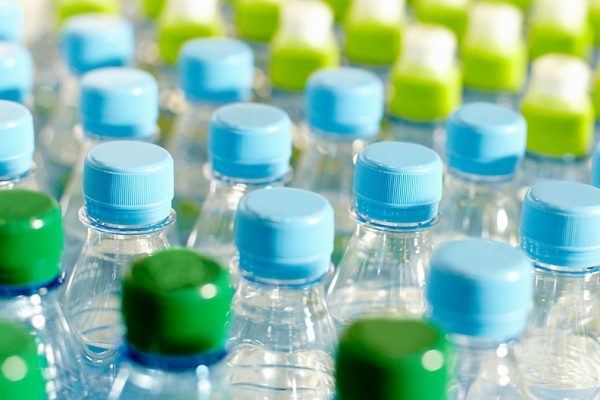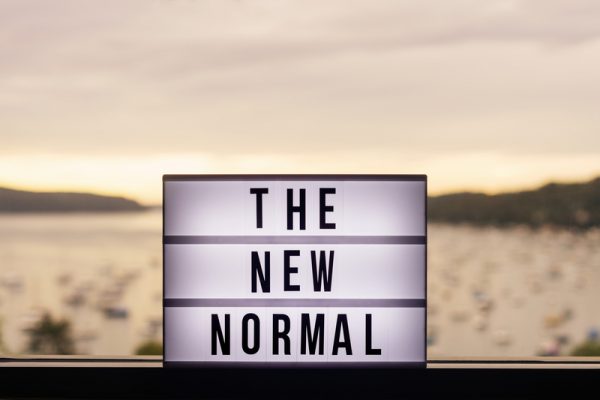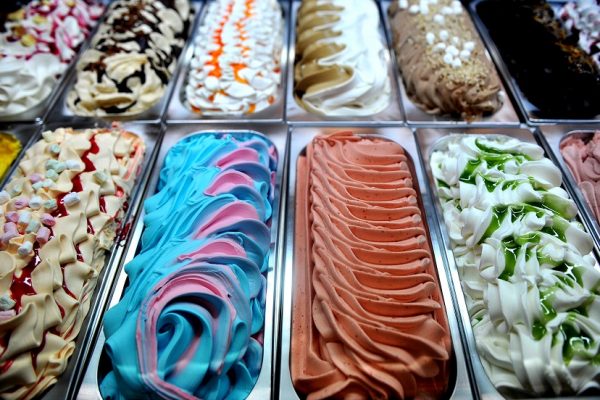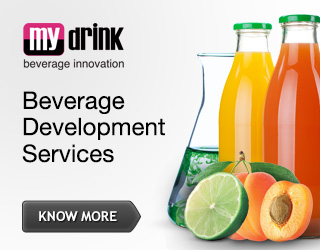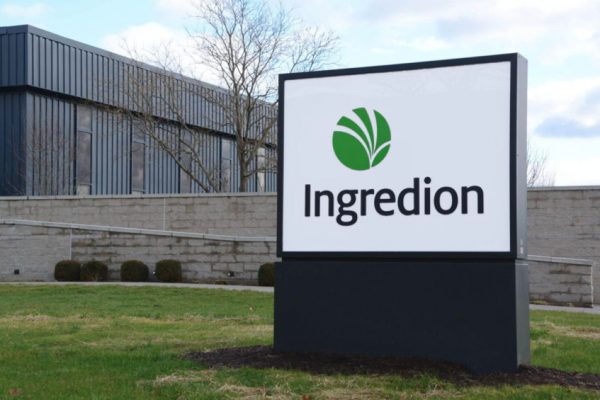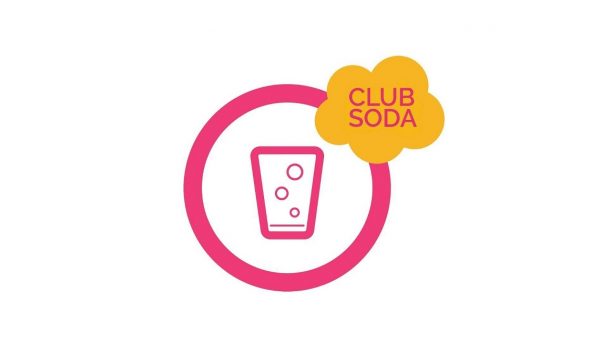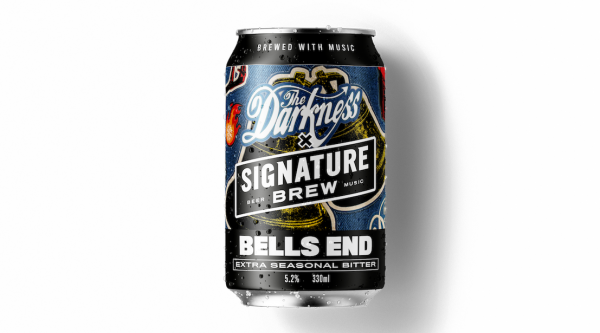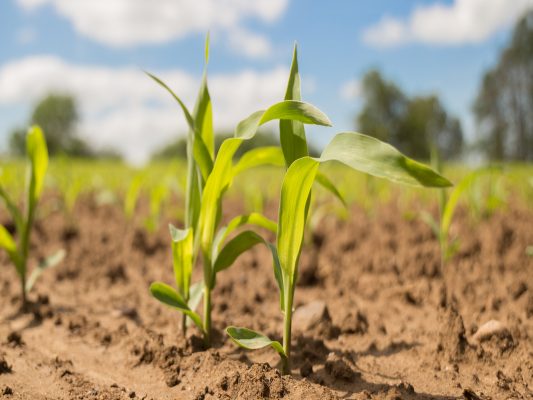How To
Events Industry in the USA – Impact of Latest Regulations and Trends in the Beverage Industry
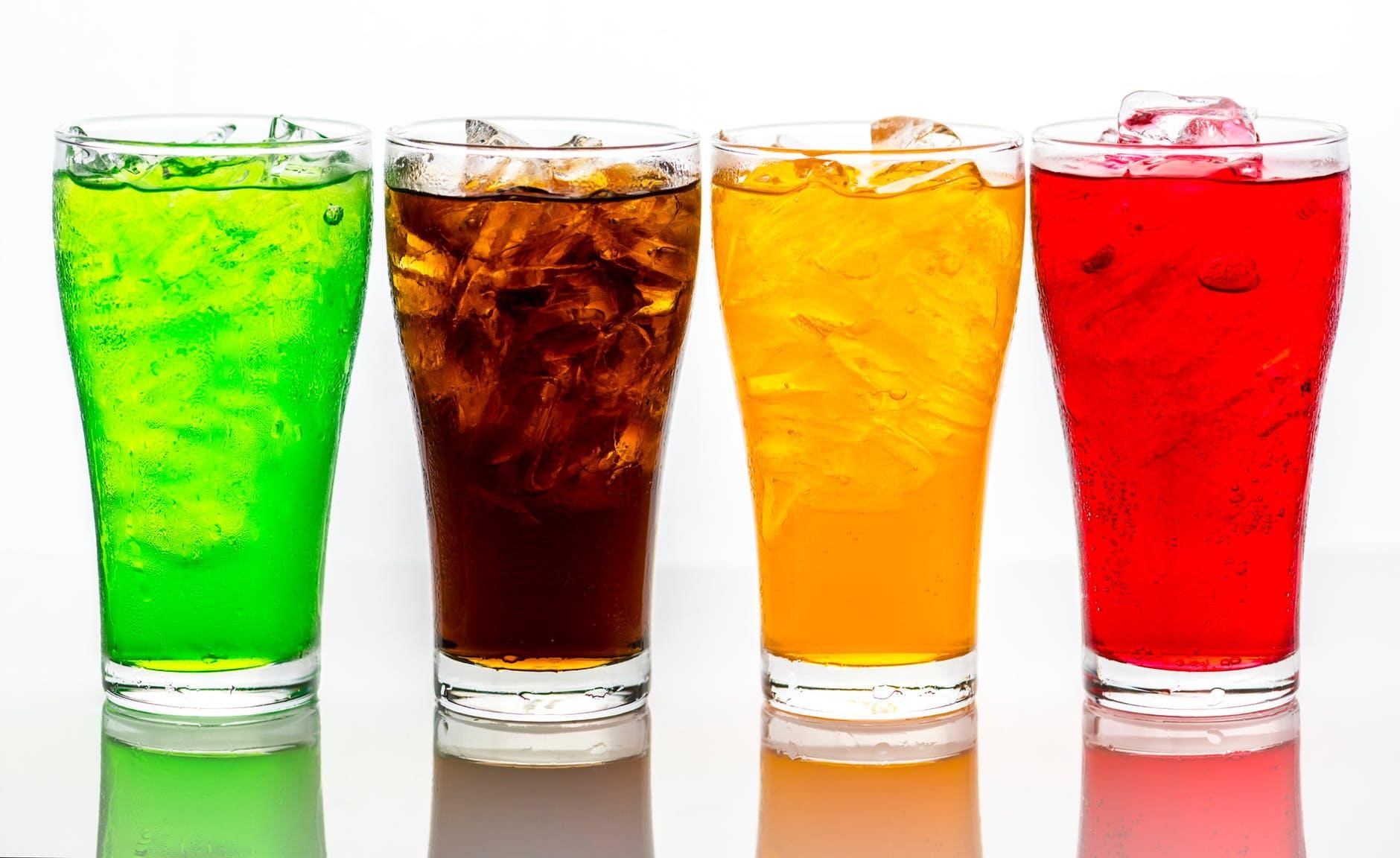 The events industry in the USA is now defined by an abundance of options that satisfy the needs of almost every consumer. When it comes to beverages, in particular, there is no dearth of choices. Different beverage trends ranging from matcha green tea to several yogurt options have dominated the beverage industry for a major part of the year. While innovative concepts will always influence the US beverage market, the industry is now increasingly being defined by efforts to understand millennial preferences, incorporate biodegradable packaging, and employ new acquisition strategies.
The events industry in the USA is now defined by an abundance of options that satisfy the needs of almost every consumer. When it comes to beverages, in particular, there is no dearth of choices. Different beverage trends ranging from matcha green tea to several yogurt options have dominated the beverage industry for a major part of the year. While innovative concepts will always influence the US beverage market, the industry is now increasingly being defined by efforts to understand millennial preferences, incorporate biodegradable packaging, and employ new acquisition strategies.
Changing Consumer Preferences
When it comes to consumer preferences, the beverages industry in the USA is now taking a shift towards healthier options that stand apart in their bold and exotic flavors. A majority of this shift in consumer preferences has been brought about by the millennial generation and its distinct choices. In addition to this, consumers now play a significant role in what goes into their beverages as well.
This is because of their demand to be a part of the beverage preparation process to include more fresh and healthy ingredients. Similarly, convenient, on-the-go packaging has also made popular beverages like smoothies and protein shakes, feature ingredients such as quinoa, kale, etc. for an increasing consumer base of health-conscious people. It has, therefore, become essential for the beverage industry to stay on top of these shifting lifestyle and consumer preferences.
Mergers and acquisitions
While many beverage companies introduced new product lines to address the changing consumer trends, others acquired businesses whose products satisfy the consumer demand. For instance, Unilever, a significant industry player acquired the Tazo tea brand from Starbucks, Nestle acquired Chameleon Cold-Brew and stakes in Blue Bottle Coffee, and Vintage Wine Estates acquired Qupé.
For the US beverage industry, these acquisitions are defined by one common factor: the acquisition costs are lower than those that would have otherwise been incurred while spending resources and time in internal research and development (R&D) to create products that satisfy consumer demands. In this regard, acquisition has now become the new R&D for beverage companies that wish to enhance their brand awareness and product offerings.
Safety Regulations
Consumer confidence in the safety of U.S beverage supply has been at a constant decline since the past few years. According to a recent survey conducted by the International Food Council Foundation, 61 percent of Americans were somewhat confident about the supply of food and beverages, which is lower than the 66 percent of 2016. As a result, the safety of beverage and packaged products has been the priority of most beverage manufacturing companies in 2018.
Digital Transformation
Despite the increasing competitiveness for shelf space in supermarkets and convenience stores, other attractive retail channels have also shown a considerable growth. Today, sales through third-party e-commerce platforms and direct-to-consumer sites account for almost 36 percent of beverage sales. In addition to this, the acquisition of Whole Foods by Amazon has increased the demand for subscription services and online delivery. As a result, the home delivery of packaged beverage products has grown in demand. Customers now order their choice of beverage from their devices, and the product is delivered within a few hours or is available for pickup at nearest locations.
This digital transformation in the beverage industry is not just limited to packaged products but has also pervaded into domestically produced goods. Increasing number of dairies and local grocery outlets are now adopting online/telephonic delivery to meet their customers’ demands.
Corporate Responsibility and Beverage Sustainability
Consumers, particularly millennials, now demand complete transparency of the ingredients and processes that go into manufacturing their beverages. They want to make sure that the products they are consuming are charitable, green, control water consumption, replace wasteful packaging for biodegradable options, and use alternative energies like solar power for production. While these sustainable manufacturing measures prove costly, beverage companies are now leveraging environmental friendly processes to make their brands more preferable to consumers.
Similar to any other industry, the buying habits of the consumers of the beverage industry are also driven by thorough research. A quick search on the smartphones now helps consumers to make smart and informed choices about the products that they consume. The emergence of a more result-oriented consumer base is concerned with the products that will best serve their purpose. As a result, the beverage manufacturers are increasingly adapting their manufacturing and marketing tactics to make their products most desirable to the better-informed consumer.

